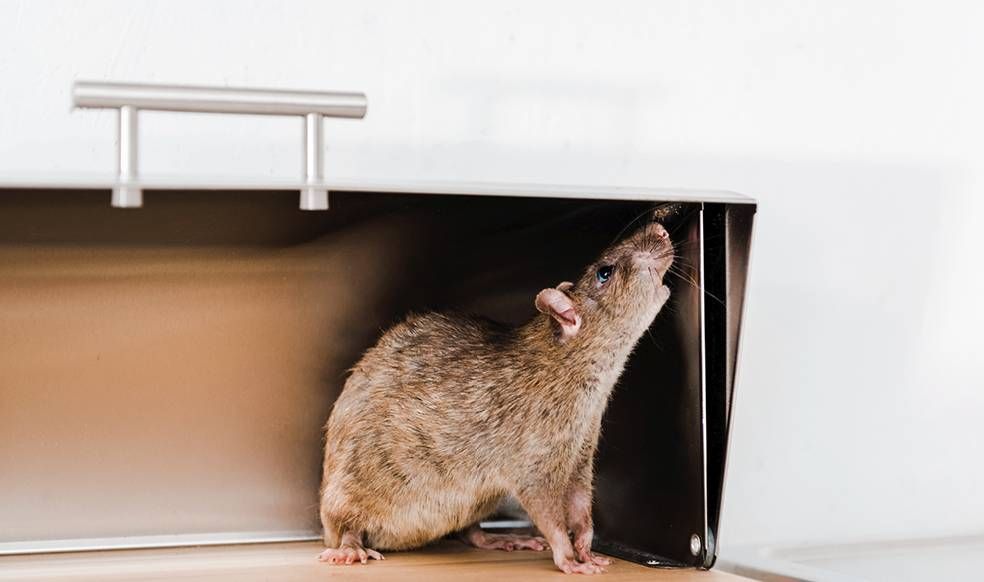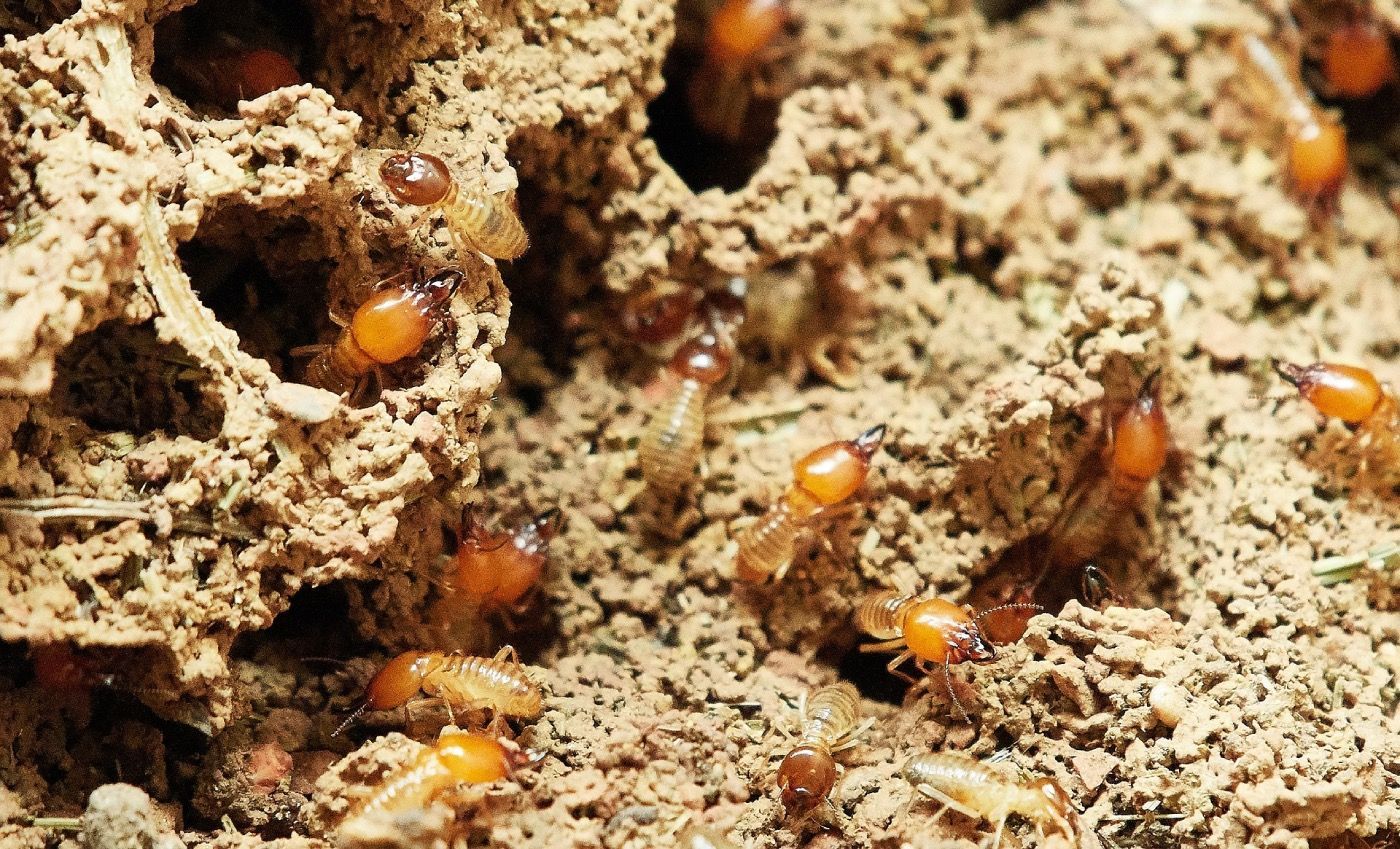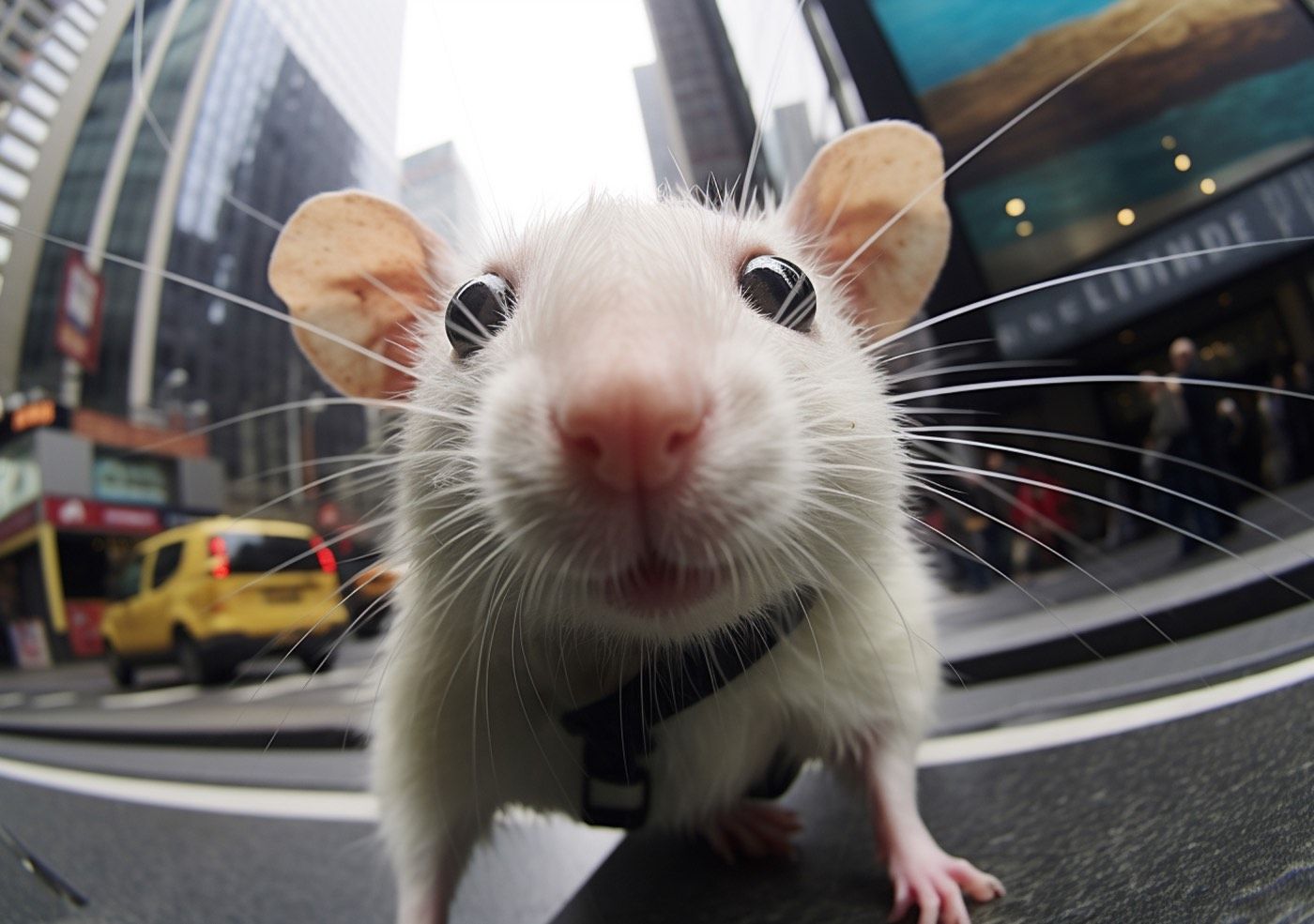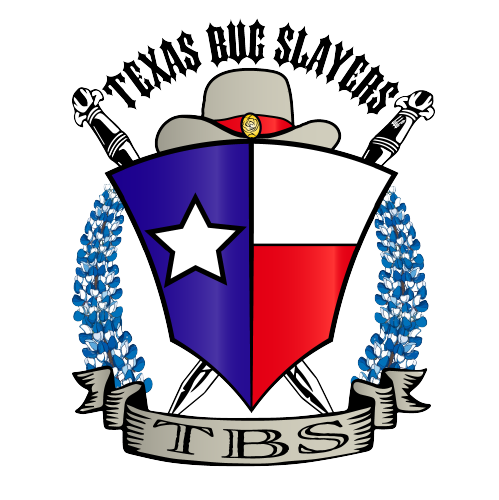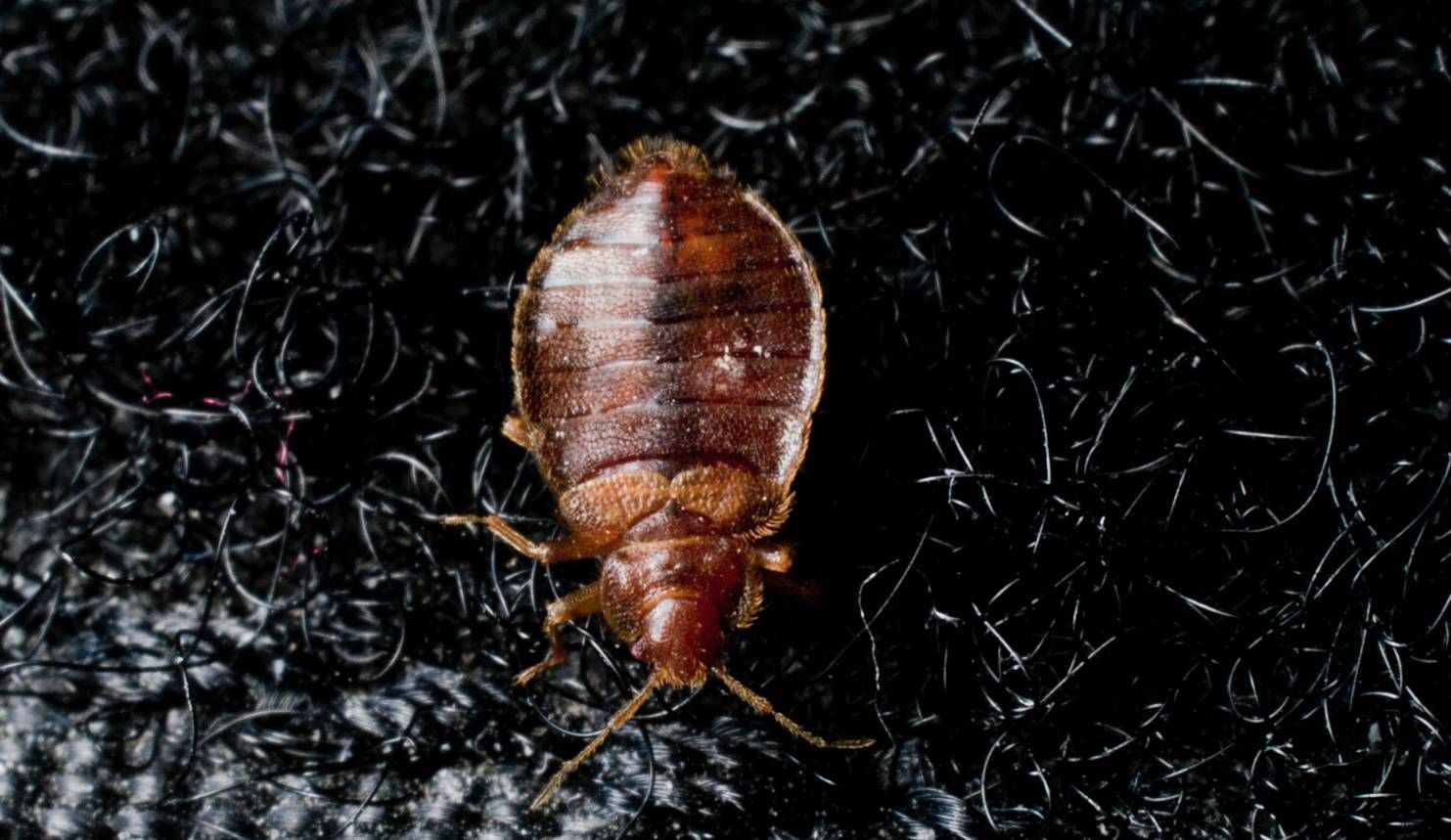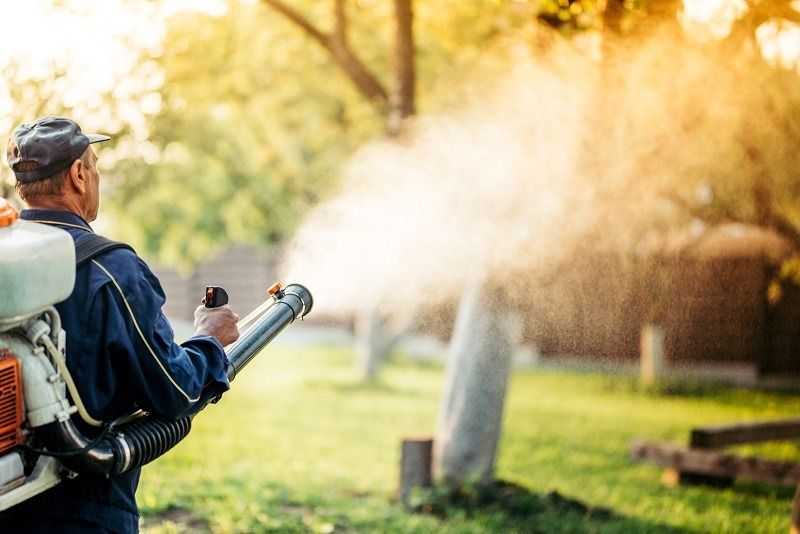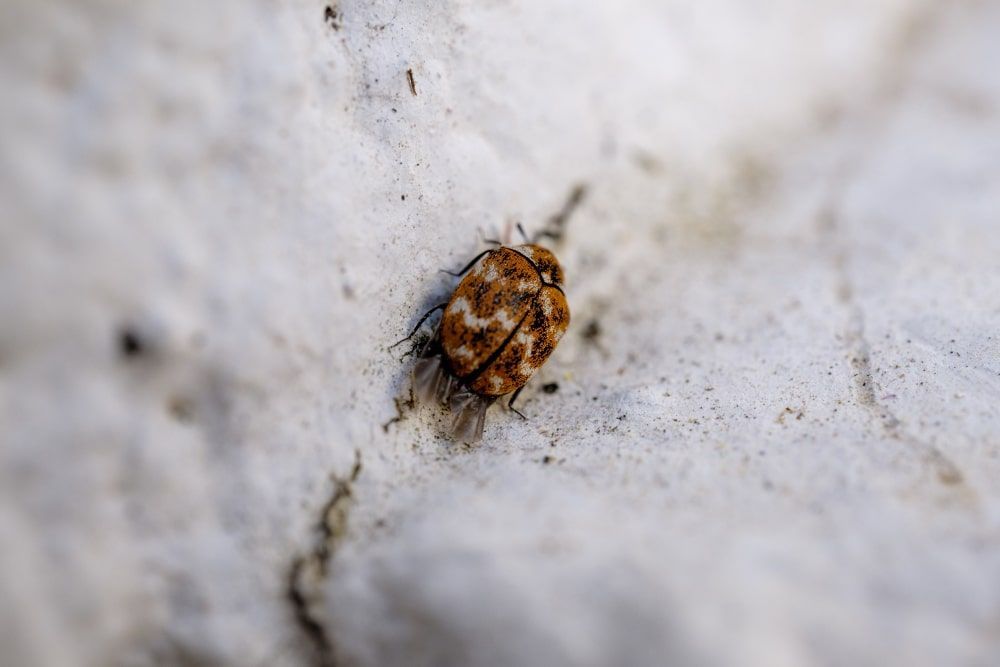Commercial Pest Control Best Practices: What Every Fort Worth Business Owner Should Know
Pests can wreak havoc on businesses, causing damage to property, harming reputations, and posing health risks to employees and customers. For businesses in Fort Worth, Texas, where the warm climate and urban environment create favorable conditions for pests, implementing effective pest control measures is essential. In this comprehensive guide, we'll explore the best practices for commercial pest control in Fort Worth.
Understanding Pest Threats in Fort Worth:
Fort Worth's climate, characterized by hot summers and mild winters, provides an ideal habitat for a variety of pests. Common pests that businesses in Fort Worth may encounter include rodents, ants, cockroaches, termites, spiders, and mosquitoes. These pests can infest commercial properties, causing structural damage, contaminating products, and creating unsanitary conditions.
Identifying pest hotspots within commercial properties, such as kitchens, storage areas, and waste disposal sites, is crucial for effective pest management. Regular inspections and monitoring help detect pest activity early, allowing for prompt intervention before infestations escalate.
Integrated Pest Management (IPM) Approach:
Integrated Pest Management (IPM) is a holistic approach to pest control that emphasizes prevention, monitoring, and environmentally friendly solutions. In Fort Worth, businesses can benefit from adopting an IPM strategy tailored to their specific needs and circumstances.
Key components of an IPM program include:
- Inspection and Monitoring: Regular inspections to identify pest entry points, breeding sites, and conducive conditions. Monitoring tools such as traps, baits, and surveillance cameras can help track pest activity.
- Prevention: Implementing proactive measures to prevent pest infestations, such as sealing cracks and gaps, maintaining cleanliness, proper waste management, and installing screens on doors and windows.
- Non-Chemical Control Methods: Utilizing non-chemical tactics such as exclusion, habitat modification, and mechanical traps to deter pests without relying solely on pesticides.
- Targeted Pesticide Application: When pesticide use is necessary, selecting low-toxicity products and applying them judiciously to minimize risks to human health and the environment.
- Regular Maintenance: Implementing routine maintenance practices to address structural issues, moisture problems, and other conditions that attract pests.
Tailoring Pest Control Strategies to Specific Industries:
Different industries in Fort Worth may face unique pest control challenges based on their operations, facilities, and regulatory requirements. Tailoring pest control strategies to specific industries ensures that businesses receive targeted solutions that address their particular pest risks.
For example:
- Restaurants and Food Service Establishments: Focus on sanitation, proper food storage, and waste management to prevent attractants for pests like rodents, cockroaches, and flies.
- Hotels and Hospitality: Implement bed bug prevention protocols, conduct regular room inspections, and educate staff on identifying signs of infestations.
- Retail Stores: Employ proactive measures to prevent pests from damaging merchandise and create a positive shopping experience for customers.
- Healthcare Facilities: Emphasize sanitation, hygiene, and sterile environments to minimize the risk of pest-borne illnesses and maintain patient safety.
Collaboration with Pest Control Professionals:
While businesses can implement many pest control measures independently, partnering with reputable pest control professionals in Fort Worth is invaluable for comprehensive pest management. Pest control experts have the knowledge, experience, and resources to develop tailored pest control plans, conduct thorough inspections, and implement effective treatment strategies.
When selecting a pest control provider, businesses in Fort Worth should consider factors such as:
- Experience and Expertise: Look for companies with a proven track record of success in commercial pest control and familiarity with local pest species and behaviors.
- Certification and Licensing: Ensure that the pest control provider is licensed, certified, and adheres to industry standards and regulations.
- Integrated Solutions: Seek providers that offer integrated pest management (IPM) approaches emphasizing prevention, monitoring, and environmentally friendly solutions.
- Responsiveness and Support: Choose a company that provides prompt responses to pest emergencies and offers ongoing support and communication throughout the pest control process.
Conclusion:
Effective commercial pest control in Fort Worth, Texas, is essential for businesse to protect their property, reputation, and bottom line. By understanding the unique pest threats in Fort Worth, adopting an integrated pest management (IPM) approach, tailoring pest control strategies to specific industries, and collaborating with pest control professionals, business owners can mitigate pest risks and maintain a pest-free environment.
Prioritizing proactive pest management measures, regular inspections, and ongoing maintenance helps prevent infestations before they occur, saving businesses time, money, and resources in the long run. With a proactive approach to pest control and a commitment to maintaining a healthy, pest-free environment, Fort Worth businesses can thrive and ensure a positive experience for employees and customers alike.
